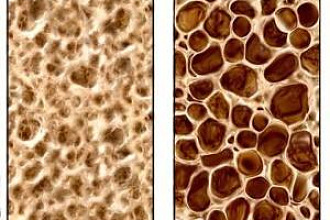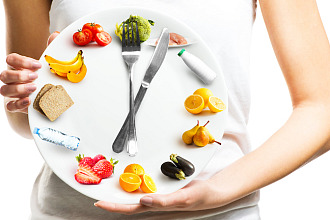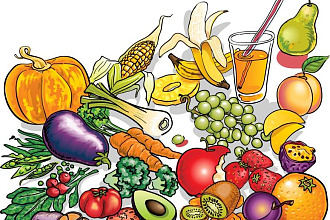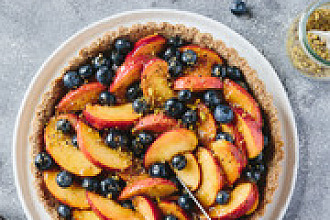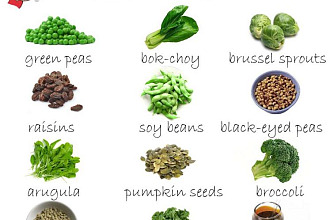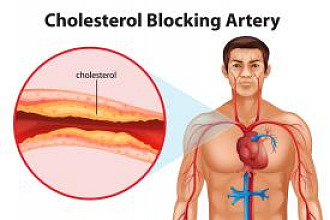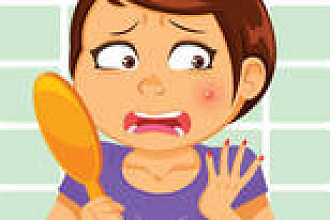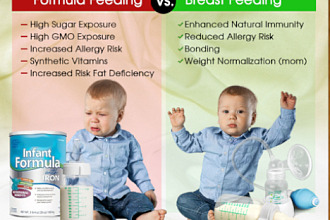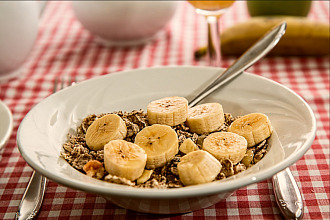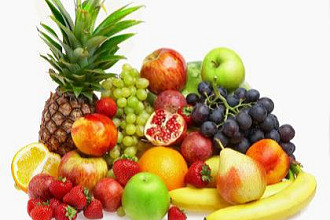Cravings represent abnormal drives that have a compelling nature without regard for the benefit of the person. Cravings can cause one to eat to the point of pain; heedless of the fact that ill health may follow. One can look on a craving as a perversion of a normal function. Appetite is a normal and protective mechanism, but when used to support cravings, it becomes destructive. It should be possible to discover the causes of cravings and to eliminate them. Some foods promote indefinite cravings. Unfulfilled longings or unrest cause cravings.
Many individuals who are sensitive to various foods taken even in small quantities get their cravings aroused. Sugar is a very common offender in this regard. One innocent appearing teaspoonful can do much damage in the sensitive person. Milk and all dairy products represent a common source of cravings. Salty foods irritate the stomach lining and produce thirst. Much of the mechanism of cravings is related to unrecognized thirst, causing the individual to try to satisfy his thirst by indulging his craving. If the thirst is eliminated, the craving can be handled with much greater ease.
All stomach irritants are capable of initiating cravings. Irritation of the stomach causes it to send a message to the brain. All messages from the stomach are received in the business office of the brain as "hunger." Then the brain alerts the consciousness to be on the lookout for food. The craving, however, being a compulsion, then overrides the inhibiting and protective influences and clamors for indulgence. Often irrational behavior ensues, sometimes to the consternation and confusion of the victim.
There are purines naturally occurring in meats, such as guanine and other such chemicals, which have both an excitatory and depressive influence on the brain. The excitatory influence tends to promote the craving, and the depressive influence tends to suppress any activity that would attempt to control the craving. Because of this type of chemical, meat and sometimes eggs can irritate the nervous system of some people and cause cravings. Caffeine and nicotine, which are alkaloids of the same chemical family as purines, may also promote cravings. Because they both stimulate the brain and also have a depressive action upon inhibitory functions, these chemicals tend to promote overeating. The relationship of cause and effect is difficult to discern, since the craving is usually not directly associated with the intake of the caffeinated drink or the use of nicotine. Because of the nature of the pharmacologic action of alkaloids, the brain does not receive all of the influence of the chemical at the time of use, nor even in the next 4 or 5 hours. A day or so later the person may still be under the influence of alkaloids taken several days before. Unfortunately, the craving may not be for something as simple as food, but may be for drugs, alcohol, wanderlust, or some neurotic behavior.
Habits or occupation may be a cause of cravings, as in preoccupation with food in persons who cook or prepare menus. The habit of overeating in the past causes one to be more likely to overeat in the future. If one becomes habituated to indulging the appetite while at work or when thinking about preparing food, the problem develops into a serious habit, eating without restraint. It should be a habit of life never to eat except at regularly scheduled mealtimes.
Eating too fast can promote cravings. If one eats too fast he receives inadequate satisfaction from his food and tends to eat more. Further, eating too fast presupposes that the individual is experiencing nervousness. Swallowing before the food has been properly chewed is a cardinal sign of nervousness. No one should swallow until food has become a cream in his mouth—but that requires calmness and discipline.
The absence of a set time or place for meals can promote cravings. Tension or interruption of the meal can cause overeating or indulgence of appetite through inattention, which causes one to lose all inhibitory activity of the brain that could exert a control over cravings. If one eats with dignity and a certain form, these factors act as inhibitors against overeating.
For more information contact:
- Uchee Pines Lifestyle Center
- 30 Uchee Pines Road #75
- Seale, Alabama 36875
- Tel. 334-855-4764
- www.ucheepines.org








